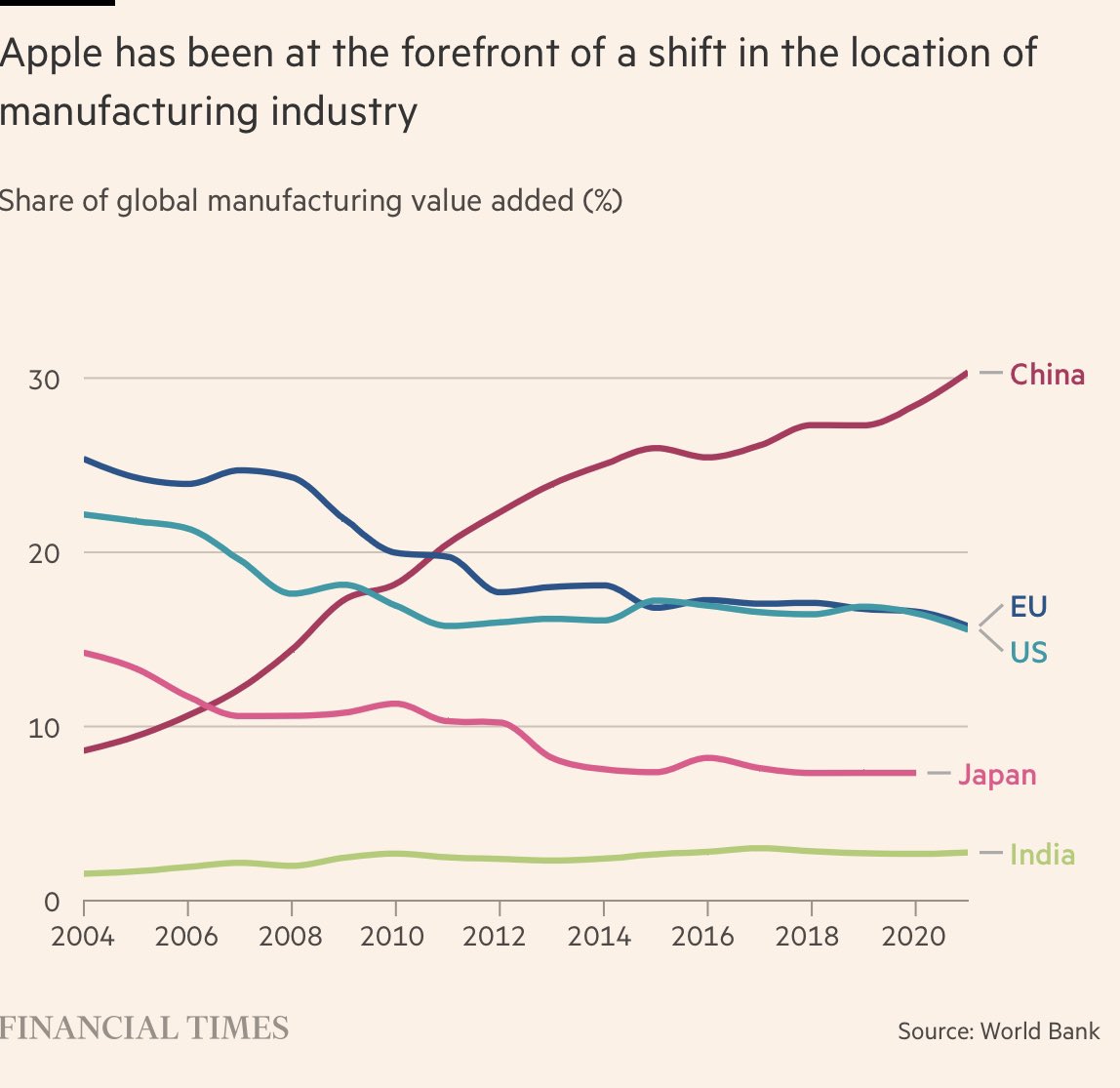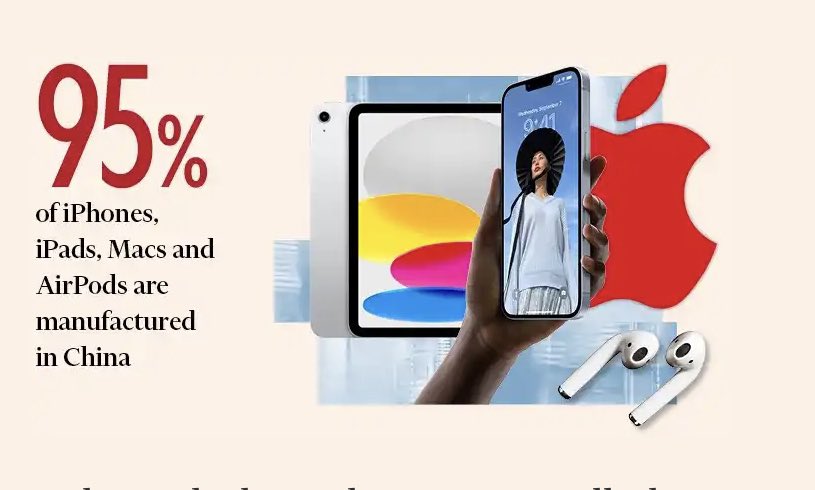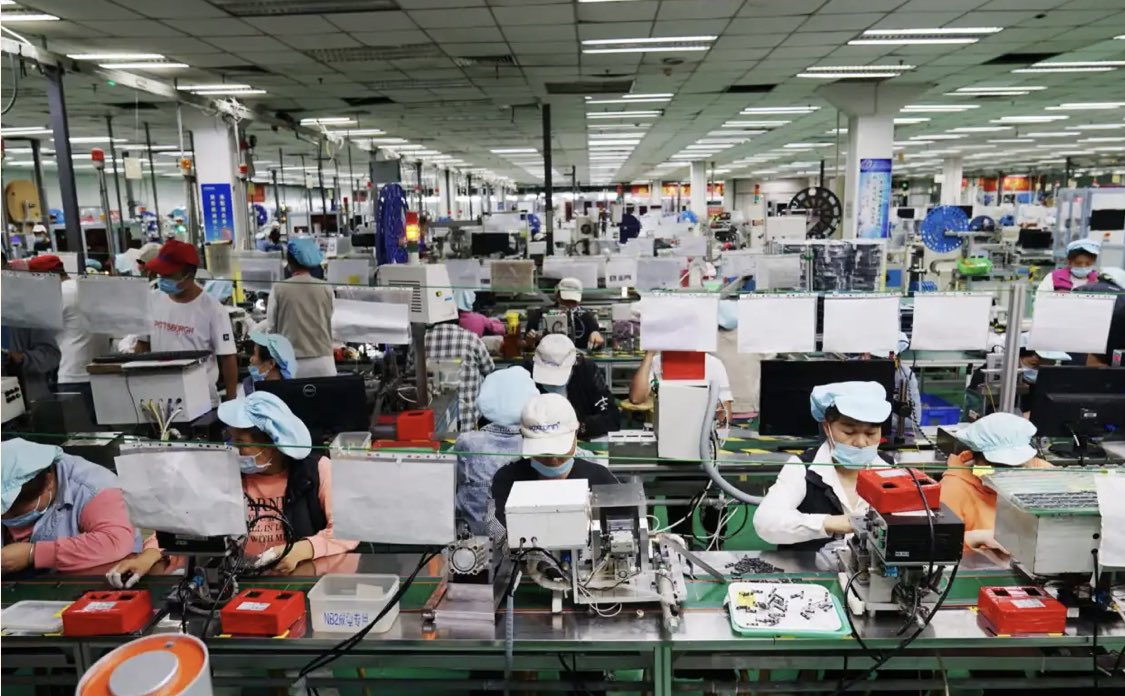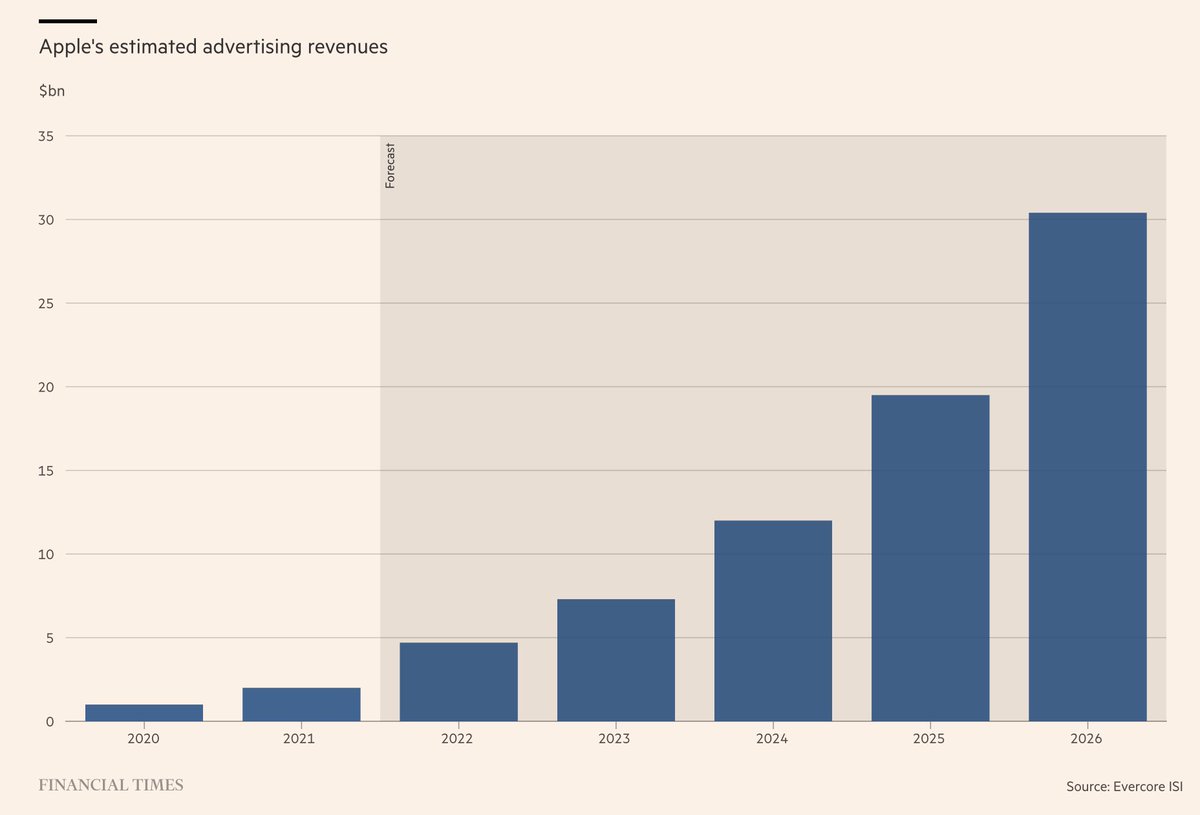Last week I wrote about rampant app inflation in the @Apple App Store. Quick addendum, from the cutting room floor, via thread.
Apple: how app developers manipulate your mood to boost ranking via @FT
on.ft.com/2DVgtng
Apple: how app developers manipulate your mood to boost ranking via @FT
on.ft.com/2DVgtng
Apple claims its store is curated and that they heavily invest to make sure apps work and that reviews are accurate. But it’s simple to find examples where 5-star reviews are bogus and the the star ratings are at best questionable and likely fraudulent.
Eg The 50th (now 63rd) ranked lifestyle app is “Make Money - Earn Easy Cash.” It has 26 one-star reviews in the last two weeks alone, with multiple reviewers calling the app “fake,” “a scam”, “horrible” or citing “terrible customer service.”
Rating? 4.9 stars.



Rating? 4.9 stars.




Another great example (these aren’t hard to find) is Yo, the “social media” app that has 1 function: it sends the word “Yo!” to your friends’ phones.
Last software update: 3yr ago.
Rating: 4 stars.
Reviews — basically nothing 5 star joke reviews about how Yo saves your life.



Last software update: 3yr ago.
Rating: 4 stars.
Reviews — basically nothing 5 star joke reviews about how Yo saves your life.


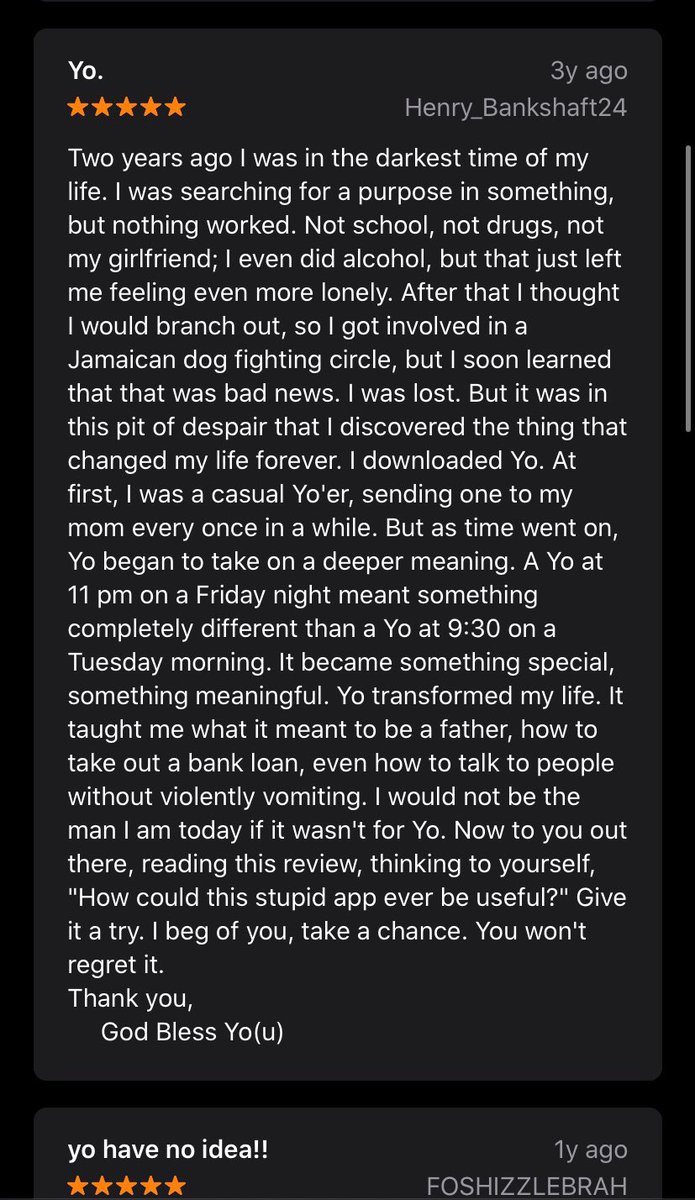

• • •
Missing some Tweet in this thread? You can try to
force a refresh








